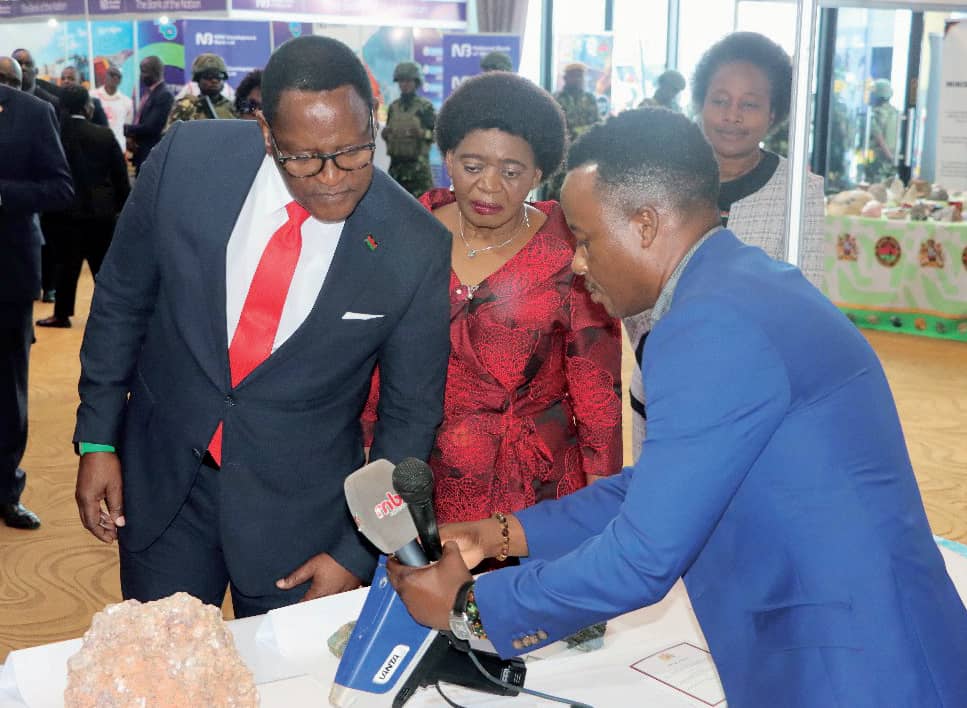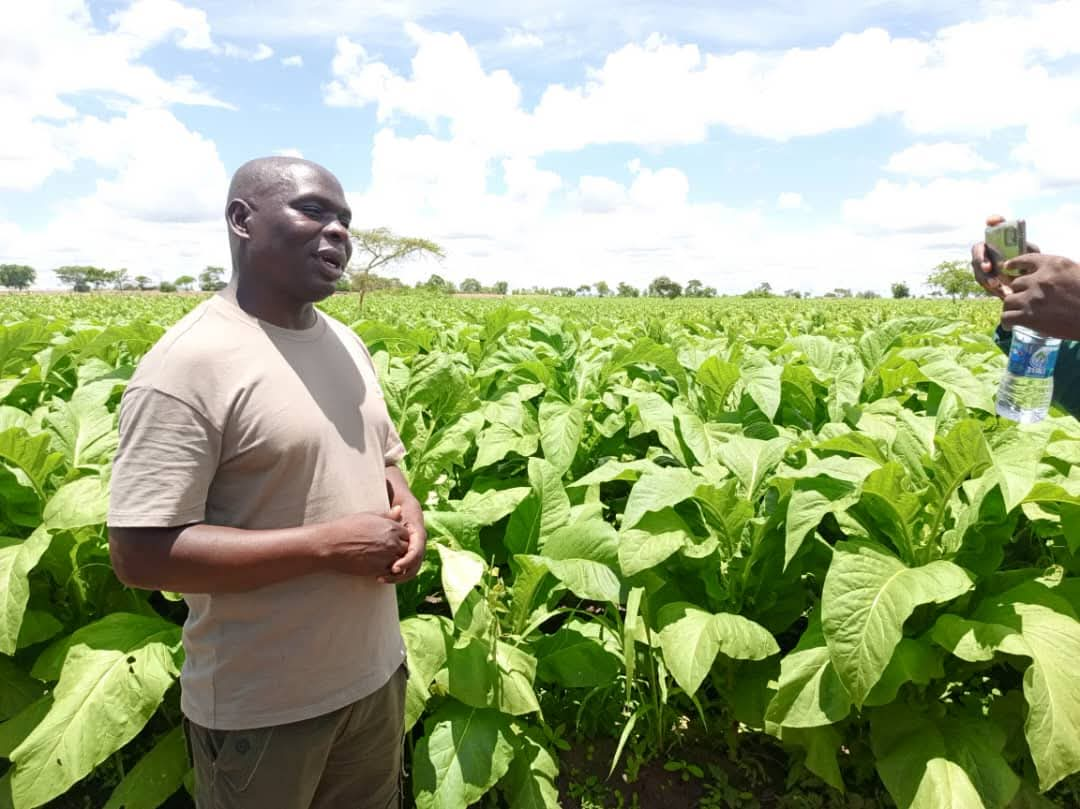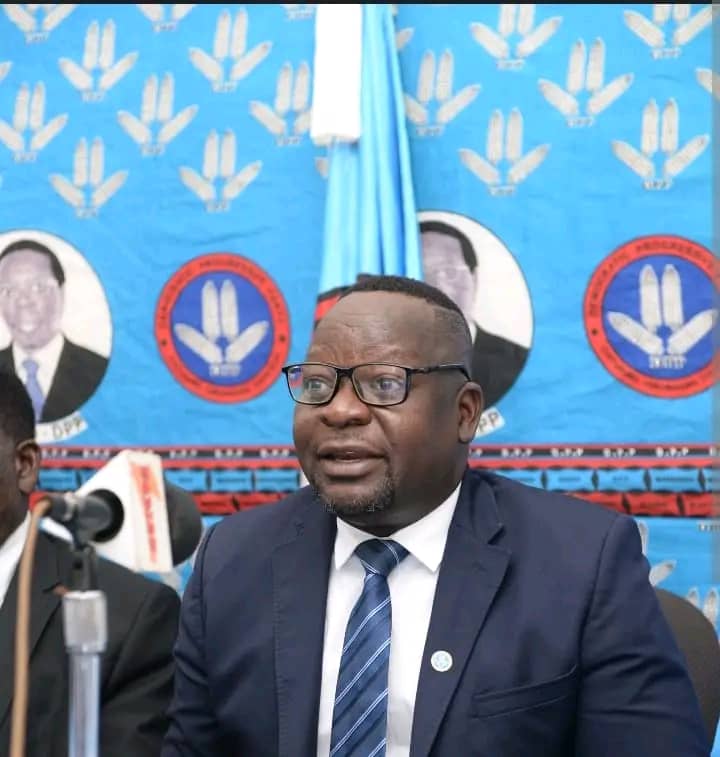By Burnett Munthali
The World Bank has called on the Malawi Government to prioritize land tenure security as the country experiences a surge in mineral exploration and development.
In its latest Country Economic Memorandum (CEM), the World Bank highlights how securing land rights is critical to ensure local communities benefit from natural resource-based investments.
The report, released in Lilongwe on Wednesday, notes that land disputes, weak governance, and unclear property rights threaten to undermine the potential gains from Malawi’s booming mining sector.
World Bank senior economist for Malawi, Dhiraj Sharma, said formalizing land ownership and clarifying rights would reduce conflicts and promote inclusive growth.
He emphasized that secure land tenure is essential for building trust between communities, investors, and the government.
According to Sharma, land security will also help prevent forced evictions, unfair compensations, and disenfranchisement of rural populations.
The World Bank’s analysis warns that without urgent reforms, Malawi risks deepening inequality and entrenching poverty in areas where mining projects are expected to expand.
The CEM outlines that over 80 percent of Malawi’s land is under customary tenure, yet only a small portion is registered or documented.
This leaves most rural Malawians vulnerable to land grabs, displacement, or exploitation when investments enter their communities.
The report urges government authorities to accelerate the implementation of the 2016 Land Laws, including the Customary Land Act, to support land registration processes.
The World Bank also points out that transparent land governance can boost investor confidence and increase the long-term benefits of mining projects.
With growing interest in Malawi’s rare earth minerals, niobium, and other strategic resources, pressure on land and resources is expected to intensify.
The bank encourages the government to adopt a multi-sectoral approach, linking land reform to environmental protection, gender equality, and economic inclusion.
Sharma further noted that empowering traditional leaders, local councils, and civil society will be vital to strengthen land administration systems.
In conclusion, the World Bank reiterates that securing land rights is not only a matter of economic strategy but also of social justice and national development.




